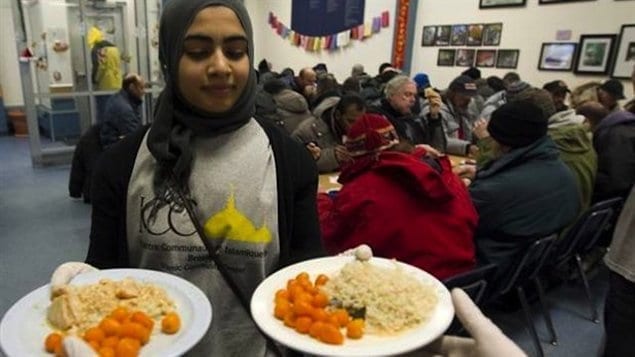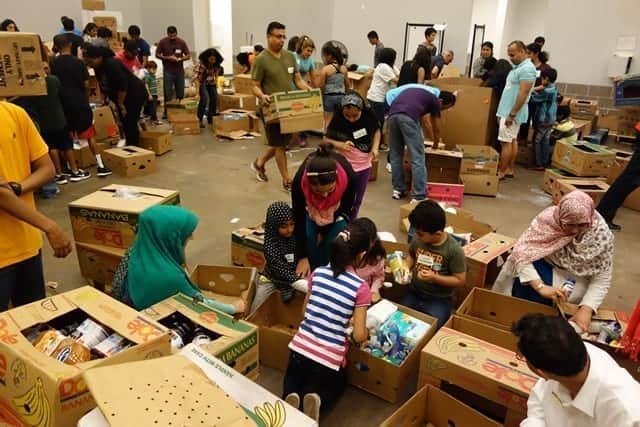
Instilling a sense of gratitude into a child can certainly be a challenge, but there are many effective ways to achieve this. Children can be taught how to say “please” and “thank you, ” but initially they won’t understand the concept of gratitude when they are saying this.
Young children have difficulty understanding the feelings of others and don’t yet have the motivation to “do the right thing.” Having them feel a sense of appreciation, showing generosity and gratitude will over time instill in them a purpose and reason for being on this earth.
Embracing the following tips will help in raising a child to be grateful and empathic in a selfish world.
Use gratitude in your daily conversations

By verbally showing appreciation for otherwise mundane things, you will be reinforcing the concept of gratitude. Soon this concept will become important to your little ones too. By doing so, you will be reminding the child of life’s gifts and all of the good things that they can enjoy. By saying “Please” and “Thank You” when it’s appropriate, your child will learn to show and feel gratitude.
Remember the negative

Sometimes recalling a negative situation can remind the child of everything they should be grateful for. By giving them something negative in the past to compare to, you child will develop a greater appreciation for the positive things in the present.
Practice saying no to your kids more often

Don’t give into your child’s every whim or demand. By saying “No” to some requests, your child will appreciate the word “Yes” more. When a child expects to be granted their every wish, you will find that they no longer enjoy what they get as much. Also, they come to expect to get what they want, when they want it and grow up not knowing how to cope with life’s frustrations.
During the Christmas season

Downplay the element of gift receiving and encourage the practice of giving. Place emphasis on the celebration of the season, on time spent with family and on those who are not fortunate enough to be celebrating in the same way you are. Volunteer with your child at a food bank, a toy drive or a homeless shelter so they can see volunteering is both fulfilling for the volunteer and beneficial for the people or organisations you are volunteering with.
Be a good role model

Children learn by example from a very young age. They watch, listen and learn from their parents, siblings, and other family members and will imitate what they see and hear. By setting a good example, your child will learn to be grateful, kind, and empathic even when faced with a difficult situation. What better way to encourage empathy and gratitude than to volunteer as a family and give back to your community?
Keep in mind, children can be selfish and unaware of the needs of others when they are very young, but they do not act like this intentionally. Patience is the key to success – don’t expect miracles overnight. Learning to be grateful is an ongoing journey for all of us.
Be patient with your child. It’s all a part of the learning process. By setting a solid base in the early stages of life, your child will grow up to be a mindful, respectful adult. Each of these tips may be small, but they will be significant in the raising of your child.






